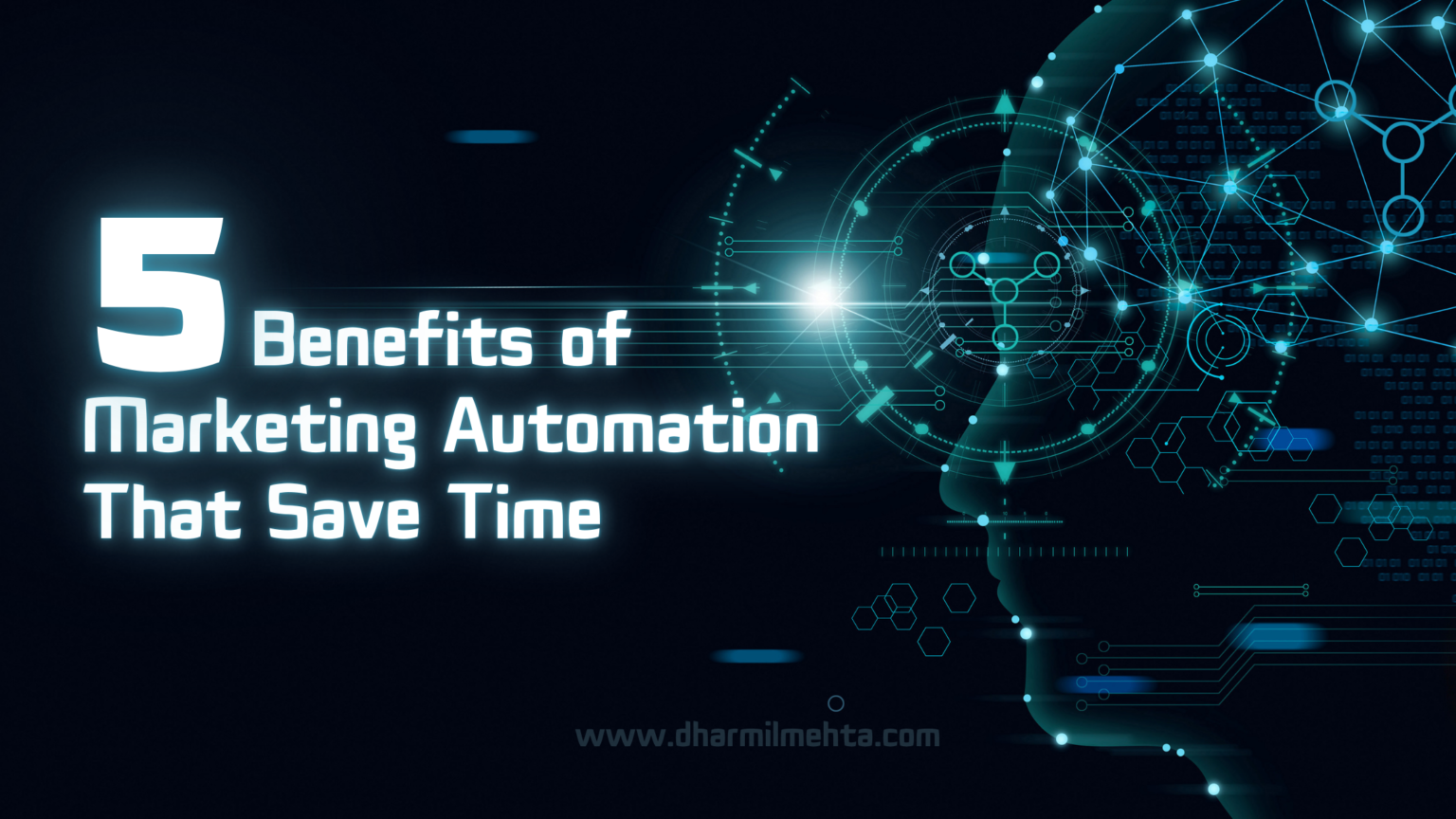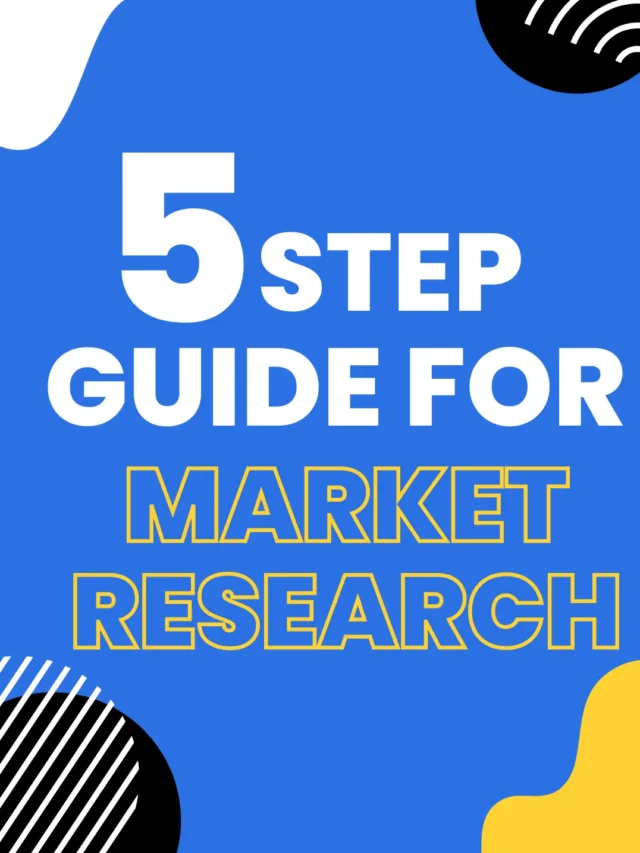In a world where every second counts, the race to optimize efficiency is more intense than ever. Imagine if you could reclaim hours from your daily grind, amplify your productivity, and achieve more while doing less. Intrigued? Welcome to the transformative world of marketing automation—a game-changing innovation that doesn’t just enhance your marketing strategies but also gifts you the one resource we all crave more of: time. The benefits of marketing automation are nothing short of revolutionary, providing a streamlined approach that allows businesses to scale their operations without getting bogged down in repetitive tasks.
Gone are the days when marketing teams spent countless hours crafting individual emails, managing disparate tools, or manually tracking customer interactions. Today, marketing automation offers a suite of tools designed to automate these processes, creating a seamless experience that not only enhances customer engagement but also drives meaningful results. The marketing automation benefits extend far beyond simple convenience—they are the key to unlocking unparalleled efficiency and growth.
Imagine having a system that automatically nurtures leads, sends personalized emails based on user behavior, and even manages your social media presence—all while you focus on the strategic decisions that propel your business forward. These marketing automation advantages are not just about saving time; they are about reclaiming your time so you can invest it where it matters most—on innovation, creativity, and building deeper connections with your audience.
Now, let’s delve deeper into the key benefits of marketing automation that specifically save time. First, consider the power of automated email campaigns. With advanced marketing automation features, you can set up complex email sequences that target different segments of your audience based on their behavior, interests, or stage in the buyer’s journey. This means no more manual email scheduling or segmentation—everything runs like clockwork, ensuring that your messaging is always relevant and timely.
Next, think about lead scoring and nurturing. In the past, sales teams would spend hours sifting through leads, trying to determine which ones were worth pursuing. With marketing automation capabilities, you can implement sophisticated algorithms that automatically score and nurture leads, allowing your sales team to focus on closing deals rather than chasing down cold leads. This not only saves time but also increases the efficiency and effectiveness of your sales process.
Another significant time-saver is social media automation. Managing multiple social media accounts can be incredibly time-consuming, but with marketing automation, you can schedule posts, monitor engagement, and even track performance metrics—all from a single platform. This level of integration and automation ensures that your social media strategy is consistent, cohesive, and impactful, without requiring constant attention.
But the advantages of marketing automation don’t stop there. The ability to automate data analytics and reporting is another powerful tool in your time-saving arsenal. Instead of manually compiling data from various sources, marketing automation platforms can automatically generate detailed reports that provide actionable insights into your marketing performance. This not only saves time but also empowers you to make data-driven decisions quickly and confidently.
Finally, consider the marketing automation integration capabilities. Whether it’s integrating with your CRM, e-commerce platform, or other business tools, marketing automation ensures that all your systems are working in harmony. This seamless integration eliminates the need for manual data entry and reduces the risk of errors, giving you more time to focus on strategy and growth.
By now, you should be excited about the endless possibilities that marketing automation offers. The marketing automation benefits we’ve explored are just the tip of the iceberg. Whether you’re looking to streamline your processes, improve your customer engagement, or simply save time, implement marketing automation today, and watch as your business transforms into a well-oiled machine, poised to reach levels of success beyond your wildest dreams. Ready to take the next step? Discover the full potential of marketing automation strategies and unlock the true power of automation for your business.
“Automation is driving the decline of banal and repetitive tasks.”
Amber Rudd
1. Streamlined Email Campaigns
One of the most significant benefits of marketing automation is the ability to streamline email campaigns. Traditionally, crafting and sending individual emails to a large audience was a time-consuming process fraught with manual errors. Today, marketing automation tools have revolutionized this aspect of marketing by allowing businesses to automate their email campaigns, ensuring consistent and timely communication.
Automation of Email Sequences
With marketing automation features, businesses can set up sophisticated email sequences that automatically send messages based on user behavior, preferences, and interactions. For instance, if a customer abandons a shopping cart, an automated email can be triggered to remind them of the items they left behind, potentially recapturing lost sales. This level of automation ensures that follow-ups and promotional emails are sent at optimal times, increasing the likelihood of engagement without requiring constant manual input.
Learn Top 10 Game-Changing Digital Marketing Tools for 2025
Personalization at Scale
Marketing automation capabilities also enable the personalization of email content at scale. By segmenting audiences based on various criteria such as past purchases, browsing history, or demographic information, businesses can create tailored email campaigns that resonate more deeply with recipients. This approach not only enhances customer experience but also improves response rates, making every email campaign more effective and time-efficient.
According to a study by Campaign Monitor, automated emails have a 119% higher click rate compared to non-automated emails. This statistic underscores the effectiveness of marketing automation in enhancing engagement and saving time by reducing the need for manual follow-ups.
2. Efficient Lead Scoring and Nurturing
Another major advantage of marketing automation is its ability to automate lead scoring and nurturing processes. In traditional marketing setups, assessing the quality of leads and nurturing them through the sales funnel often involved manual intervention, which could be both slow and error-prone.
Automated Lead Scoring
This platforms utilize algorithms to evaluate and score leads based on their interactions with your brand. This process takes into account various factors such as website visits, email opens, and social media engagement. By automating lead scoring, businesses can prioritize high-quality leads and ensure that their sales teams focus their efforts on prospects with the greatest potential.
Nurturing Leads Automatically
Automated lead nurturing is another powerful aspect of marketing automation. Through targeted drip campaigns and personalized content, businesses can guide leads through the sales funnel without manual oversight. For example, a lead who downloads an eBook might receive a series of automated emails offering additional resources and exclusive offers, gradually moving them closer to making a purchase.
Research from HubSpot shows that companies using automated lead nurturing see a 10% or more increase in sales pipeline contributions. This improvement in lead management not only saves time but also enhances the efficiency of the sales process.
3. Simplified Social Media Management
Managing social media accounts can be a time-consuming endeavor, especially for businesses with a large online presence. Marketing automation offers a solution by automating various aspects of social media management, allowing businesses to maintain a consistent online presence with minimal effort.
Scheduling and Posting Automation
One of the key marketing automation benefits is the ability to schedule and automate social media posts. By using marketing automation tools, businesses can plan their content calendar in advance and schedule posts to be published at optimal times. This not only ensures a steady stream of content but also frees up time that would otherwise be spent manually posting updates.
Monitoring and Analytics
Marketing automation also simplifies the monitoring and analysis of social media performance. Automated tools can track engagement metrics, such as likes, shares, and comments, providing valuable insights into the effectiveness of social media campaigns. This data-driven approach enables businesses to make informed decisions and adjust their strategies in real-time, enhancing overall efficiency.
According to a report by Sprout Social, businesses that use social media automation tools see a 10-30% increase in engagement rates. This statistic highlights the effectiveness of marketing automation in optimizing social media efforts and saving time.
4. Automated Data Analytics and Reporting
Data-driven decision-making is crucial for modern marketing success, but manually compiling and analyzing data can be labor-intensive. Marketing automation addresses this challenge by automating data analytics and reporting processes, providing businesses with actionable insights with minimal effort.
Real-Time Reporting
Marketing automation capabilities include real-time reporting features that generate comprehensive reports on marketing performance. These reports can track key metrics such as campaign ROI, customer acquisition costs, and conversion rates, offering a clear picture of how marketing efforts are performing.
Learn 7 Dynamic Data Analytics Trends You Can’t Ignore
Data Integration
Another advantage of marketing automation is its ability to integrate data from various sources. Whether it’s customer interactions, sales data, or website analytics, automated tools can consolidate this information into unified reports. This integration streamlines data analysis and ensures that businesses have a holistic view of their marketing performance.
According to a study by Gartner, organizations that use automated reporting tools experience a 30% reduction in the time spent on data analysis. This time-saving benefit allows marketing teams to focus on strategic initiatives rather than getting bogged down in manual reporting tasks.
5. Seamless Marketing Automation Integration
Integrating marketing automation with other business systems can significantly enhance operational efficiency. Whether it’s connecting with a CRM, e-commerce platform, or customer support system, marketing automation integration ensures that all tools work in harmony, reducing manual data entry and improving overall workflow.
CRM Integration
Integrating marketing automation with CRM systems allows for seamless data synchronization between marketing and sales teams. This integration ensures that leads and customer information are accurately captured and updated across both platforms, improving communication and coordination between departments.
E-Commerce Integration
For e-commerce businesses, integrating marketing automation with their online store can streamline various processes, from managing inventory to tracking customer purchases. Automated workflows can trigger personalized follow-ups based on customer behavior, such as abandoned cart reminders or post-purchase surveys.
A report by Forrester Research found that organizations with integrated marketing automation systems experience a 20-30% increase in operational efficiency. This statistic underscores the importance of marketing automation integration in enhancing productivity and saving time.
Conclusion
The benefits of marketing automation are manifold, with time-saving advantages being among the most compelling. From streamlined email campaigns and efficient lead management to simplified social media management and automated data analytics, marketing automation offers a range of solutions designed to enhance productivity and optimize marketing efforts.
By leveraging marketing automation capabilities, businesses can focus on strategic growth initiatives rather than getting bogged down in repetitive tasks. The marketing automation advantages outlined in this guide demonstrate how marketing automation can transform your marketing approach, enabling you to achieve more with less effort.
As you explore the types of marketing automation and consider how to implement marketing automation in your organization, keep these key benefits of marketing automation in mind. Whether you’re looking to automate email sequences, nurture leads, manage social media, analyze data, or integrate systems, marketing automation provides the tools and strategies needed to save time and drive success.
Embrace the power of marketing automation and watch as your business transforms into a more efficient, data-driven, and successful entity.
Visit my website for more!
What are the key marketing automation advantages for small businesses?
Small businesses can significantly benefit from marketing automation advantages such as cost-effective lead nurturing, automated email campaigns, and improved customer relationship management. By automating these processes, small businesses can operate more efficiently, compete with larger companies, and achieve better ROI with limited resources.
What are the benefits of marketing automation?
The benefits of marketing automation include streamlining repetitive tasks, enhancing customer engagement through personalized communication, improving lead nurturing and scoring, simplifying social media management, automating data analytics and reporting, and integrating seamlessly with other business systems. These advantages help businesses save time and increase overall efficiency.
What are the key benefits of marketing automation for e-commerce businesses?
For e-commerce businesses, the key benefits of marketing automation include automated abandoned cart reminders, personalized product recommendations, targeted email campaigns, and integration with e-commerce platforms. These automation features help increase sales, reduce cart abandonment, and enhance the overall customer experience.
How does marketing automation integration improve workflow efficiency?
Marketing automation integration connects your marketing tools with other business systems like CRM, e-commerce platforms, and customer support software. This integration ensures that data flows seamlessly between systems, reducing manual data entry, minimizing errors, and improving overall workflow efficiency.
What are some examples of marketing automation implementation?
Marketing automation implementation examples include setting up automated email sequences for lead nurturing, integrating CRM systems for synchronized customer data, and using social media scheduling tools to automate posts. These implementations save time and ensure consistent, targeted communication with your audience.












